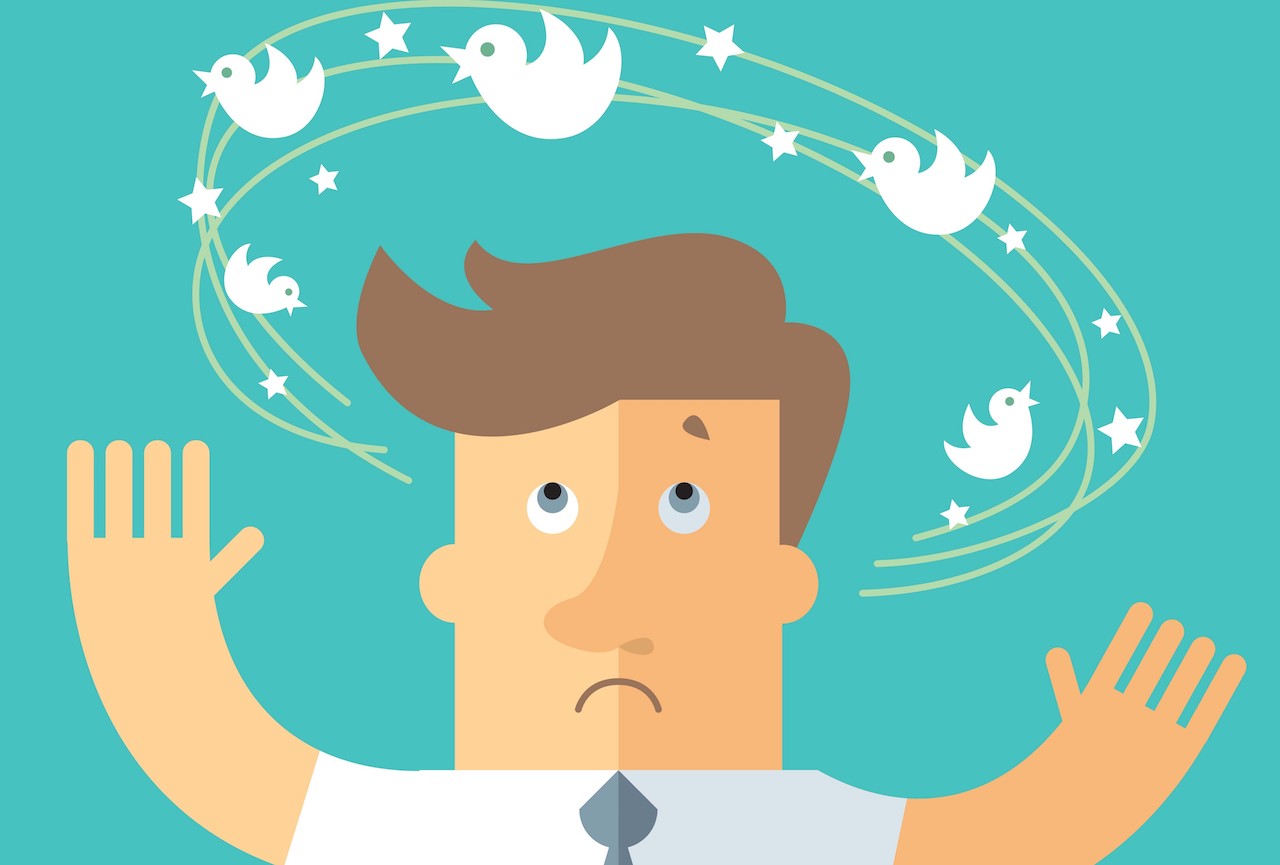Dizziness is a common symptom, which may mean different things to different people. Some use it to describe light-headedness, loss of balance, feeling faint or unsteady, or the sensation that the surroundings are spinning.
Because dizziness can be used to describe more than a few feelings, it’s not always easy to identify the underlying cause.
Possible causes:
- Postural hypotension is a sudden drop in blood pressure when you stand up too fast. When you stand, the blood vessels in your legs constrict which prevents blood from pooling in the veins in your legs. Blood remains in your legs, and the amount of blood returning to your heart is lessened. This means your heart has less blood to pump and you end up feeling dizzy. Postural hypotension is common in diabetics and the elderly.
- Cardiomyopathy is a disorder of the heart muscle, which becomes weakened, aged or diseased. This causes your heart to enlarge and lose some of its pumping power. The result: less blood reaches your brain, causing dizziness.
- Ear conditions caused by viral infections can also cause dizziness. If you have a dizzy spell when lying down, it’s most likely caused by a viral ear infection. Meniere’s disease (disorder of the inner ear) and tinnitus (ringing in the ears) are common conditions that affect your balance and lead to severe dizziness.
- Severe anaemia (deficiency of healthy red blood cells) can make you feel tired, weak and dizzy as your blood can’t carry enough oxygen to the rest of your body. This is common in women of childbearing age, pregnant women, and people with nutritional deficiencies, particularly iron deficiency.
Stop dizziness
- Watch what you eat. Extremely sugary and salty foods can leave your head spinning. Excess caffeine and alcohol has the same effect and can cause problems with balance. Avoid or limit your intake of these culprits, and make sure you eat regular, healthy meals.
- Take it easy. Get out of bed in stages, stand up slowly, and try not to make any sudden movements. When moving from a seated position to a standing one, flex your legs first to get your circulation going. Focus on an eye-level spot on the wall and take a moment to breathe. Hold onto a stable surface for support, if need be.
- Drink up. Dehydration can cause dizzy spells, so make sure you drink plenty of fluids throughout the day. Make an effort to drink more water. Can’t stand the bland taste? Add slices of lemon and cucumber to perk it up.
- Breathe deep. Anxiety and stress can lead to rapid, shallow breathing, and cause dizziness. Soothe your nerves and stress levels with deep breathing. Take deep breaths from your abdomen to get more oxygen. This will also regulate your blood pressure, heart rate and digestion.
- Check your meds. Dizziness is a common side-effect of some medications, including blood pressure pills, antihistamines, and antidepressants. If you think your meds are making you shaky, talk to your doctor about changing doses or using a different medication.
References:
- https://www.fibrodaze.com/10-tips-to-stop-dizziness/
- http://www.nhs.uk/conditions/dizziness/pages/introduction.aspx
- http://www.healthline.com/health/vertebrobasilar-insuficiency#Overview1

